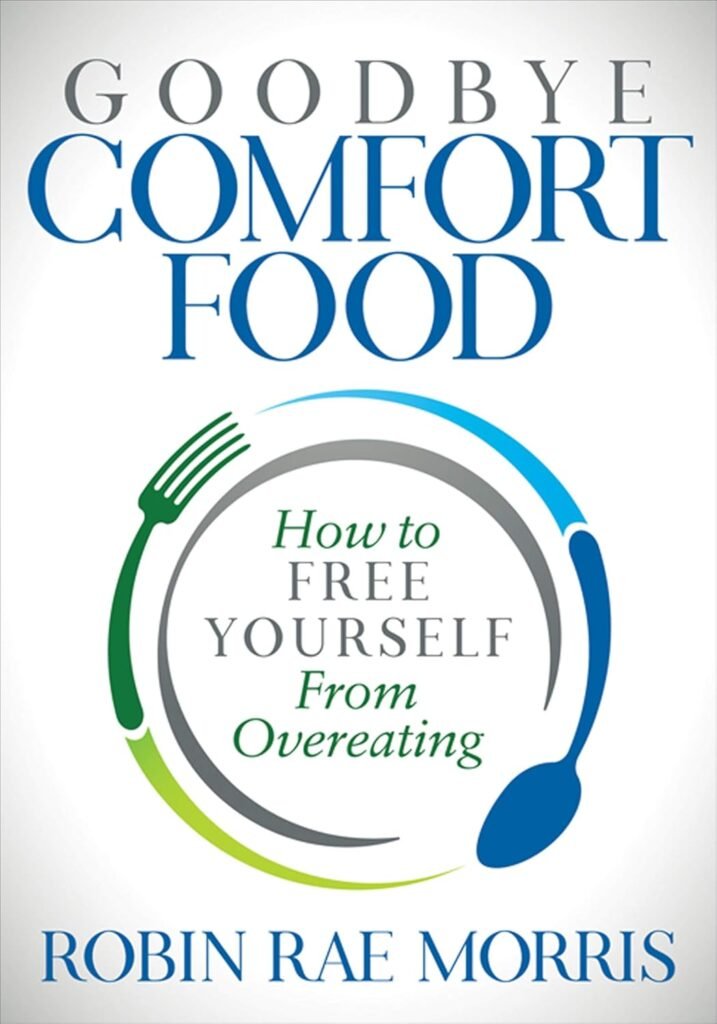Stress hits hard, and when it does, many of us instinctively reach for comfort foods. We’ve all been there—curled up on the couch, stress-eating chips like it’s an Olympic sport. Those gooey, sugary, or salty delights seem to promise relief in every bite. But here’s the twist: the very foods we turn to for comfort might actually be increasing our stress levels. Yes, it’s a classic betrayal. It’s like adding fuel to a fire and wondering why it’s getting hotter.
In this post, we’ll explore the intricate link between comfort foods that increase stress levels and our well-being. Spoiler alert: it’s not just about the calories—it’s about the chemistry. From emotional eating to the sneaky culprits lurking in processed snacks, we’ll break it down into simple, bite-sized chunks (pun intended) so you can stop the cycle and start feeling better.
The Role of Stress in Emotional Eating
Let’s start with the obvious: stress doesn’t politely knock on the door; it kicks it open. When life gets overwhelming, we don’t crave kale salads or quinoa bowls—we crave chips, cookies, and ice cream. But why?
Stress triggers the release of cortisol, often called the “stress hormone.” Cortisol is crafty. It convinces your brain that it needs quick energy, leading to cravings for high-sugar and high-fat foods. This phenomenon, known as stress and emotional eating, is nature’s way of ensuring survival. Unfortunately, it doesn’t account for modern food science and our unlimited access to processed comfort foods and stress-inducing snacks.

These foods provide a fleeting sense of pleasure, but they also set off a vicious cycle. Here’s how it goes:
- You’re stressed.
- You eat comfort food.
- Your blood sugar spikes.
- Your cortisol levels rise even higher.
- You’re even more stressed.
Cue the guilt, the frustration, and—yep—more emotional eating.
Stress-Inducing Comfort Foods: What to Watch Out For
Not all comfort foods are created equal. Some are downright villains in the story of stress. Let’s take a closer look at the worst offenders:
1. Hidden Sugars
Imagine you’re having a “healthy” yogurt parfait. You feel like a wellness guru until you flip the container and see it has more sugar than a candy bar. Sugar is sneaky like that. It’s not just in candy and desserts; it’s hiding in sauces, bread, and even “healthy” snacks. These sugars can cause dramatic blood sugar spikes, followed by crashes that leave you feeling irritable and stressed.
Foods that trigger stress, like sugary cereals or flavored yogurts, can wreak havoc on your mood.
2. Processed Carbs
White bread and pastries are like that toxic ex you keep going back to—they seem comforting but always leave you feeling worse. These refined carbs digest quickly, leading to blood sugar crashes that mimic anxiety symptoms.
Processed comfort foods and stress go hand in hand, creating a loop of cravings and anxiety.
3. Salty Snacks
Chips and pretzels are the MVPs of movie nights but the villains of stress relief. Too much salt can dehydrate you, tricking your body into thinking something’s wrong, which raises—you guessed it—cortisol levels and your body interprets as stress. Plus, these snacks often come with a side of unhealthy fats.
Stress-inducing comfort foods like chips can make you feel worse, not better.
4. Caffeinated Drinks
Coffee and energy drinks might keep you awake and Coffee is life, but too much of it can be a problem. Add sugary creamers, and you’ve got a cortisol cocktail. That initial jolt of energy? It’s just a loan, and the interest is high.
Foods that increase cortisol levels include anything loaded with caffeine and sugar.
The Anxiety and Diet Connection
If you’ve ever wondered whether your diet could be messing with your mental health, the answer is a resounding yes.
Here’s a fun fact: your gut and brain are besties. They’re always texting each other, sharing memes, and swapping secrets. But if you feed your gut junk food, it sends some pretty nasty texts to your brain. This is the anxiety and diet connection in action.
How It Works
This gut-brain axis means that what you eat can directly affect how you feel. When you load up on stress-inducing comfort foods, your gut microbiome—the community of bacteria living in your digestive system—gets thrown off balance. A healthy gut produces neurotransmitters like serotonin (the “feel-good” chemical). But when it’s upset, your mood takes a nosedive.
What to Avoid for Stress Management
- High-sugar foods – think candy bars and sodas. (they mess with your serotonin levels).
- Fried foods – goodbye, French fries. (they can cause inflammation, which impacts mood).
- Excessive alcohol – because “wine o’clock” isn’t a solution. (it’s a depressant disguised as a party guest).
Understanding foods to avoid for stress management can be a game-changer for your mental health.

Breaking the Cycle: Healthier Alternatives
Now that we’ve scared you off half your pantry, let’s talk solutions. The goal isn’t to give up comfort food entirely—it’s to redefine it. You just need to make smarter choices. Here are some swaps that satisfy without sabotaging your stress levels:
1. Sweet Cravings
- Swap candy for fresh fruit like berries or mango slices, which are naturally sweet and packed with antioxidants.
- For chocolate lovers, Try dark chocolate (70% cocoa or higher) for a treat that won’t spike your blood sugar.
2. Salty Cravings
- Opt for air-popped popcorn with a sprinkle of sea salt.
- Try roasted chickpeas or nuts for a satisfying crunch.
3. Comfort Meals
- Replace creamy pasta sauces with avocado-based ones.
- Choose whole-grain options for pasta and bread.
By avoiding unhealthy comfort food habits, you can enjoy indulgences that nourish rather than harm.

Why Comfort Foods That Increase Stress Levels Are So Addictive
Ever wonder why it’s so hard to say no to that second (or third) cookie? Comfort foods are designed to be addictive. Food scientists spend years perfecting the “bliss point”—that magical combo of sugar, salt, and fat that keeps you coming back for more.
The Science Behind the Addiction
When you eat these foods, your brain releases dopamine, the feel-good neurotransmitter. This reward system creates a powerful association between stress relief and unhealthy snacks. But here’s the catch: the more you indulge, the less satisfying these foods become, leading to larger portions and more frequent binges. It’s like chasing a high that keeps getting harder to reach.
Emotional eating and stress link back to the addictive nature of these foods.
Conclusion
Comfort foods may promise solace, but their impact on stress is anything but comforting. From hidden sugars to processed carbs, the choices we make in the name of stress relief often backfire, fueling a cycle of anxiety and unhealthy habits.
But it doesn’t have to be this way. By understanding the stress and emotional eating connection, we can make smarter choices that support both our mental and physical health.
Looking to take the next step in stress management? Check out this resource to explore exclusive guide to stress-free living, complete with recipes for healthier comfort foods that truly satisfy.


